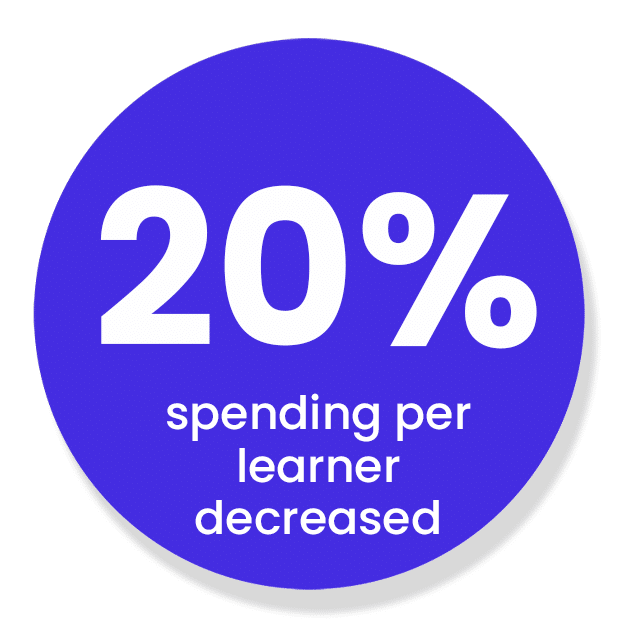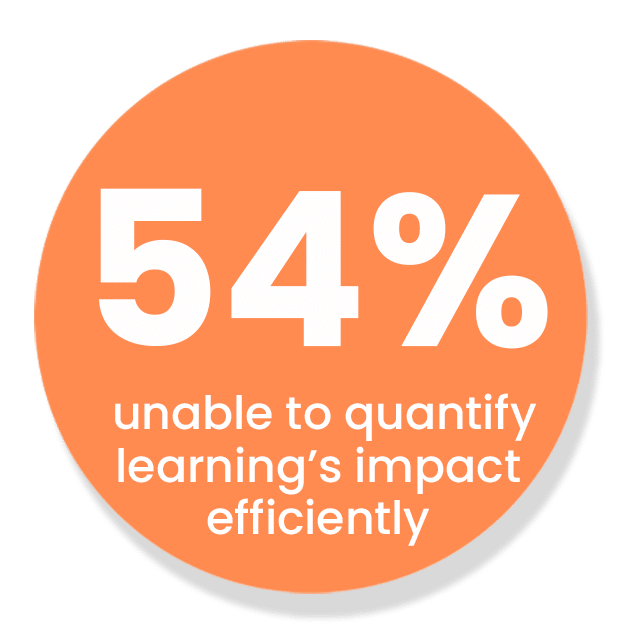In the fast-paced world of corporate growth and skill development, understanding the differences between traditional and innovative teaching methodologies is essential. Traditional L&D methods, often lecture-based and instructor-led, are largely passive and focus on memorization, stifling interactive engagement and critical thinking. In contrast, innovative methodologies prioritize a learner-centered approach, utilizing digital tools to create flexible, engaging experiences that foster problem-solving and critical analysis.
However, L&D leaders working within traditional frameworks frequently face structural challenges that can diminish the effectiveness of training programs.


Measuring the effectiveness of learning initiatives is a complex challenge faced by many organizations, significantly impacting the strategic alignment and perceived value of L&D efforts:


As the Learning and Design Project Manager at Arise, Sam brings over a decade of expertise in Learning and Development to spearhead the Learning as a Service (LaaS) division. With a deep-rooted background that spans facilitation and cutting-edge content creation, Sam excels in crafting and implementing innovative training solutions, incorporating advanced technologies such as virtual reality, augmented reality, and artificial intelligence.
Her strategic acumen in building and nurturing partnerships across key sectors—including financial services, hospitality, and retail—enables her to deliver bespoke educational strategies that not only meet but exceed the evolving needs of external clients. At the forefront of Arise’s LaaS business unit, Sam is dedicated to providing state-of-the-art learning resources and tailored training plans that empower clients to achieve their developmental and organizational goals, thereby driving growth and setting new industry benchmarks.
©Arise Virtual Solutions Inc., 2025